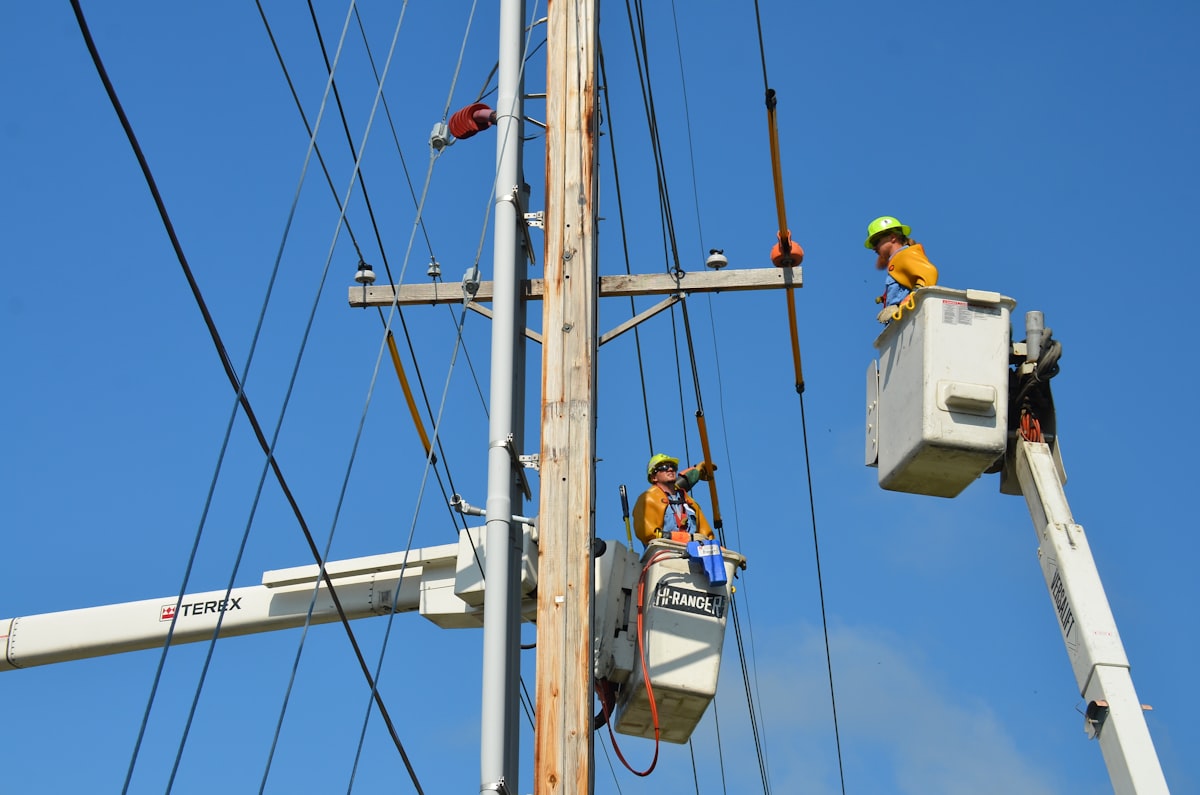An opportunity to rethink the Energy Reform
The postponement of the discussion of the initiative to reform the Electricity Industry and the inclusion of an Open Parliament could be the spearhead to rethink a document that instead of affecting the country, helps it to move to clean energies and strengthens it both politically and economically.

With the announcement that the legislative process for the discussion and approval of the Energy Reform will be postponed until April 15 of next year, the door is open for the controversial initiative of the Federal Government, which prioritizes the electric energy generated by the CFE over that of private companies, to change course and incorporate all the sectors involved. The deadline was extended after a wave of criticism against the initiative. The main one, and the one that triggered the alerts of the Federal Government, Morena legislators, and the country's energy sector, came from the US Embassy in Mexico.
"I held important meetings today with the Mexican Government to talk about the Energy Reform. I want to learn more about the impetus for this constitutional reform. I expressed serious U.S. concerns. We committed to continue the dialogue on this critical issue in the coming days," said Ambassador Ken Salazar on November 3. The diplomat's concern came after the U.S. Department of Energy warned of an increase of up to 65 percent of the country's Greenhouse Gas emissions if the Energy Reform is approved.
Furthermore, the discussion of the controversial Mexican initiative occurs at the same time that world leaders are meeting in Glasgow, Scotland, at the United Nations Climate Change Conference (COP26) to commit themselves to reducing the production and use of fossil fuels and contribute more to clean energies. Specialists and politicians consulted by Reporte Indigo agree that this postponement is time gained to involve all sectors in the construction of a more comprehensive, environmentally friendly, and forward-looking Energy Reform.
Postponement of the Energy Reform and 'simulation'
After the wave of criticism against the reform and the fact that after the discussion of the Fiscal Miscellaneous Morena lost the support of the Institutional Revolutionary Party (PRI) in the Congress of the Union, deputies of the party in power and its allies agreed to conclude the approval of the initiative, including both chambers and at least 17 local congresses, by April 15 at the latest. The legislators also insisted that the legislative priority at this time would be to approve the Federal Expenditure Budget before November 12, in the meantime, they will hold an Open Parliament throughout the country to analyze the initiative.
In this regard, the president of the Energy Commission of the Chamber of Deputies, Manuel Rodríguez González, clarified that the legislative process will conclude on April 15, but in the lower chamber the reform will be discussed during the current ordinary period of sessions, that is to say, before December 15 of this year. For the specialist in legislative issues and founder of Buró Parlamentario, Sergio Bárcena, we are in a similar scenario to that of 2013. Year in which Enrique Peña Nieto's administration approved the Energy Reform in exchange for postponing the discussion for the approval of the 2014 budget.
"Morena needs the PAN or the PRI to be able to approve the constitutional reform. When the PRI was hesitating whether to support it or not, Morena gave them all the incentives to oppose the reform because, in the discussion of the Fiscal Miscellaneous they were very closed, they did not admit anything, any reservation, or any observation. "In 2013, the PRI was open to negotiation in the budget and did not leave all doors closed, that is why the reform could be approved. Now, Morena closed all the doors and it is very likely that is why it needs more time", he argues.
Another of the reasons why Morena backed off and extended the time for the approval of the reform initiative was international pressure, mainly from the United States. With this postponement, Bárcena explains that we are facing an opportunity to carry out a true Open Parliament, so that all voices are heard and that it is not just a simulation as it has happened during the discussion of other constitutional reforms.
In Mexico, especially legislators, we have misunderstood the term Open Parliament. They think that it is enough just to invite one or two specialists to give their opinion. But in reality, it is much more, it is opening the discussion in the media, in social networks, so that citizens can have all the information directly and propose. The Open Parliament gives legitimacy to decisions. Finally, the specialist believes that this scenario is unlikely since in the congresses in which there is a majority party it has been demonstrated that the Open Parliament only serves to simulate.
"In reality, a majority always imposes itself, pretending to listen to specialists and civil society in general. Open Parliament ends up only as an ornament. We are facing a good opportunity if the discussion in the Chamber of Deputies is delayed to open more channels. If it is not delayed, we still have sessions left in the Senate and the local congresses," he concludes.




